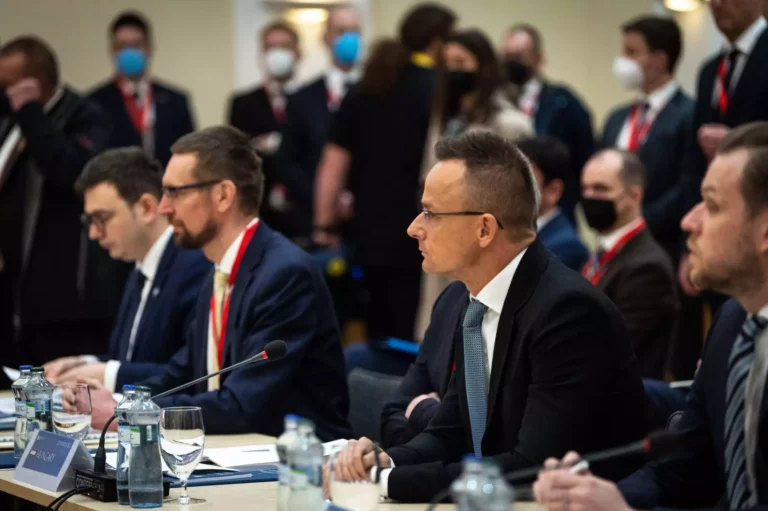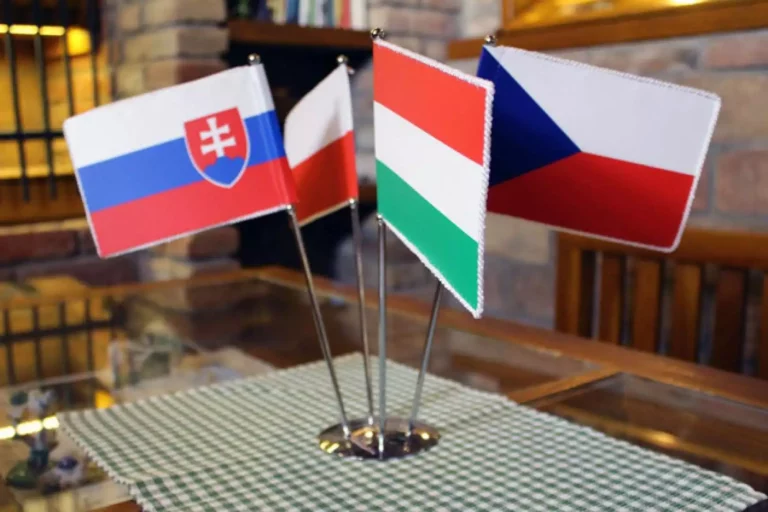The Czech Republic
Hungarian government will not vote for any curbs on Russian oil and gas imports

Slovak Government Spokesperson: Putin and Orbán may divide Slovakia’s borders

Former Czech President and PM called Orbán “the only credible politician in Europe”

These heads of government congratulated Orbán on his election victory – UPDATE

Government misleading the EU with the number of Ukrainian refugees to get more money?

Minister: Hungary’s left and Ukraine agreed to drag Hungary into war

V4 cooperation to freeze? Czechs, Poles remain home, Hungary cancels defence meeting

Is this why Orbán did not go to Kiev with the Czech, Polish and Slovenian prime ministers?

V4 countries stands for stopping the war in Ukraine, says FM Szijjártó in London

UK-Visegrád 4 summit to be held in London early March
Hungary’s Chief of Staff: V4 cooperation reliable in long term

Euro or forint? Here is what Hungarians think

Visegrad Group energy ministers discuss hydrogen in Budapest
Energy ministers of the Visegrad Group -- the Czech Republic, Hungary, Poland and Slovakia -- discussed the planning and establishment...
Czech Republic sends new police unit to Hungary-Serbia border
The Czech Republic has sent another 40-member police unit to help patrol the Hungary-Serbia border as part of a border...
How popular is Putin in Central and Eastern Europe?
Fully 43 percent of Hungarians asked in a Nézőpont survey expressed a positive view of Russian President Vladimir Putin, while...
V4: “It is crucial to create a European-level migration and refugee system”

International year-end rally with more than 200 cars at Hungaroring
Crazy price increase in Budapest real estate market – New results!





 ZH
ZH IT
IT DE
DE HR
HR NL
NL FR
FR JA
JA RO
RO RU
RU ES
ES TR
TR
